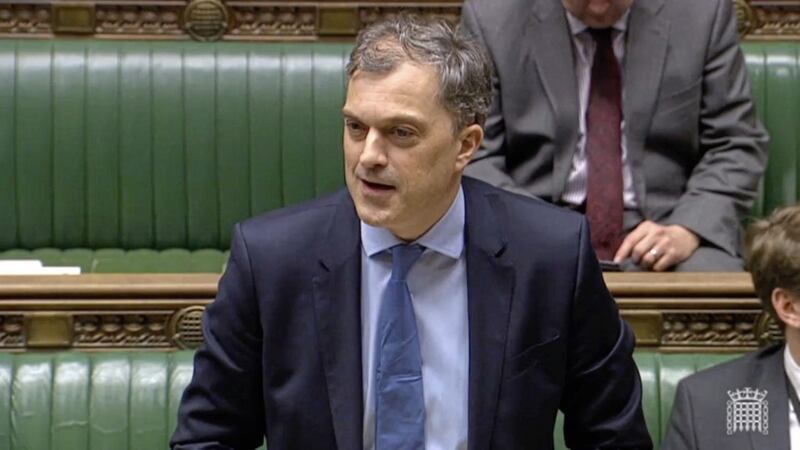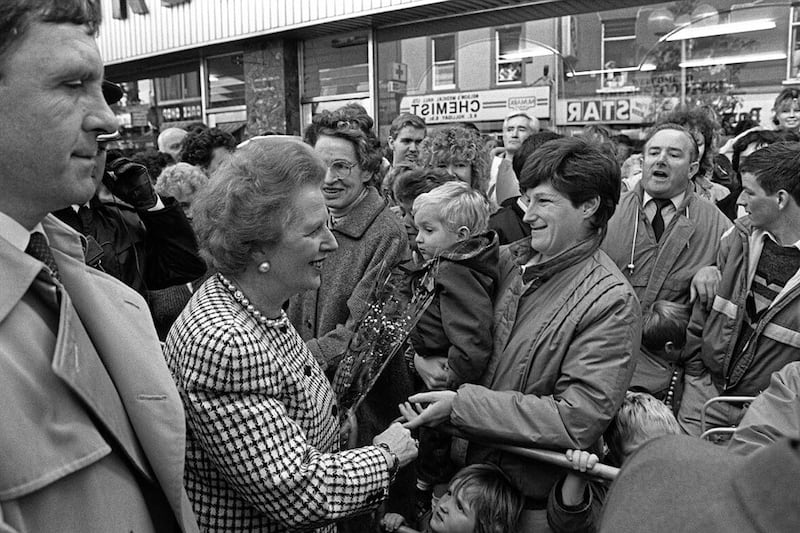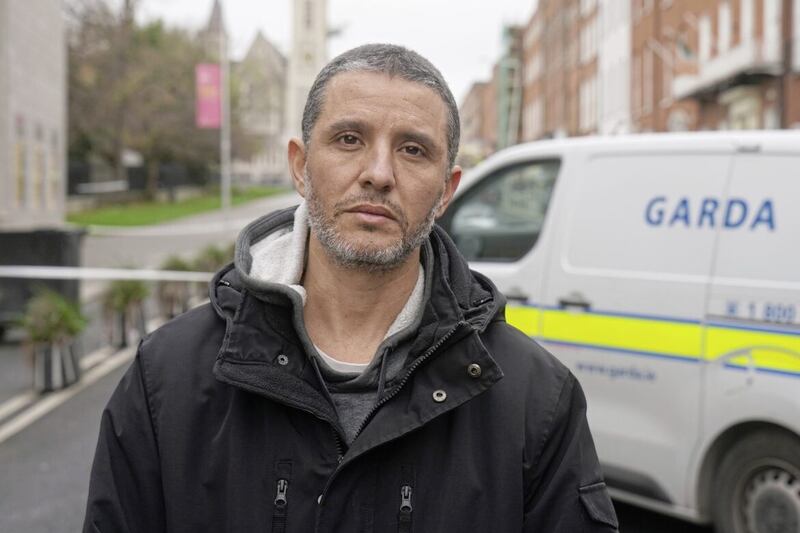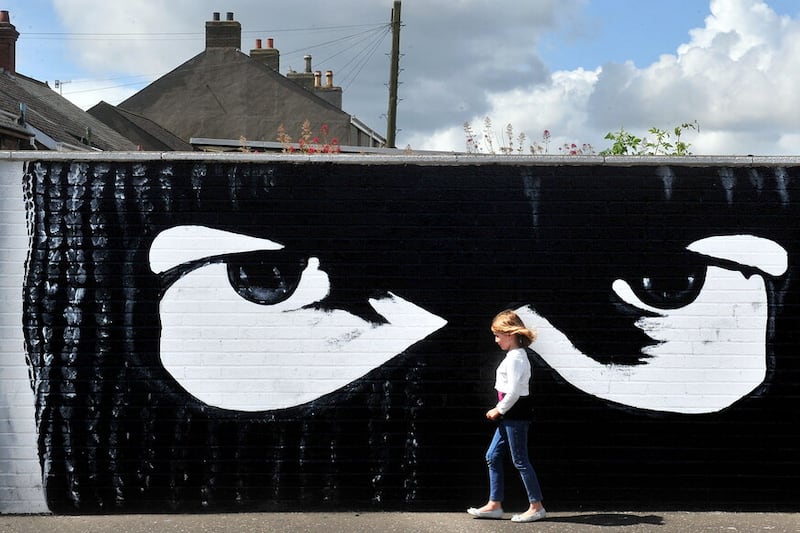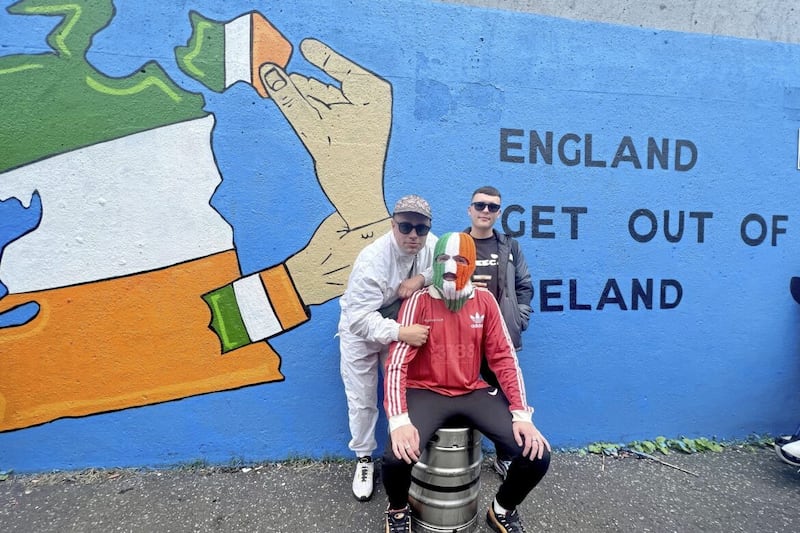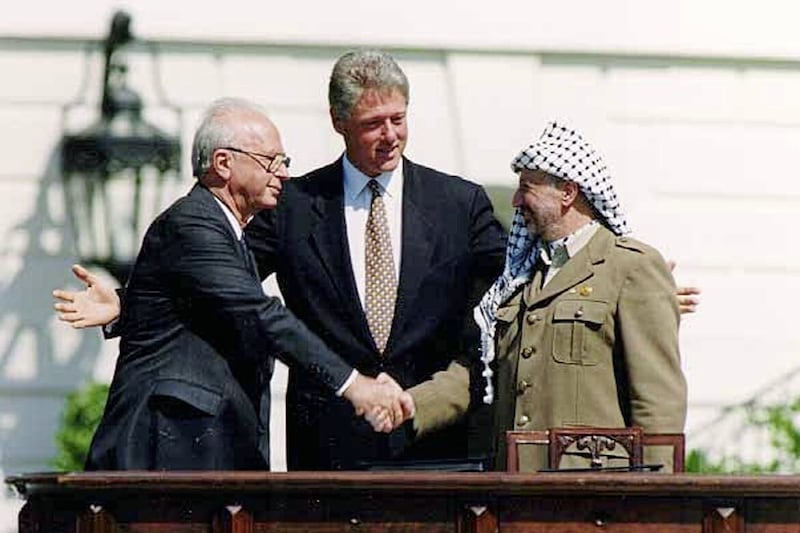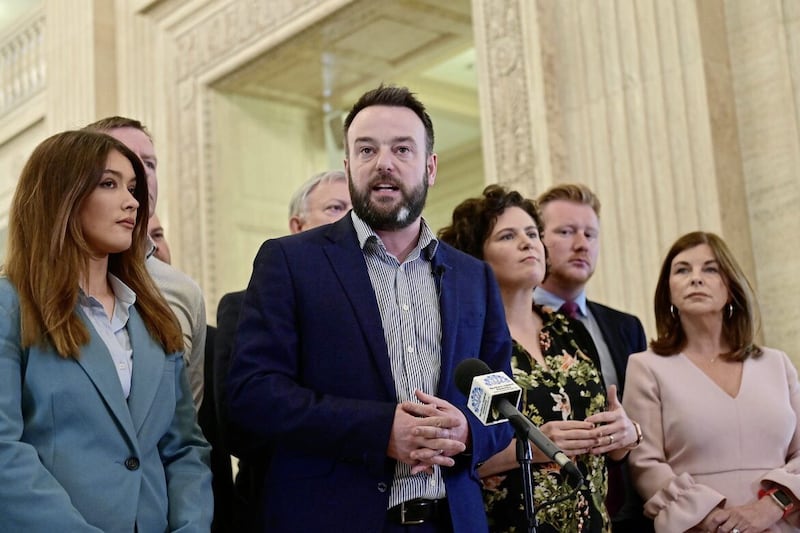Whatever one thinks of local politicians they were certainly not bought and sold for English gold - they never even got a sniff. So cry as they will it’s now time for some tough love from them and for the general public.
The talks wish list was just that. A bit like a child drawing up a letter for Santa, the politicians were encouraged to make their lists long. Only Julian Smith, unlike Santa, didn’t promise to do his best.
Each of the ministers now has a list of priorities without the necessary cash to deliver.
The big ticket items are in health, education and infrastructure.
Robin Swann, the health minister, got off to a good start by agreeing a deal with striking nurses and healthcare workers. Without any sense of irony, he was flanked by the first and deputy first ministers (representing two parties which previously held the health portfolio) when making the announcement on pay parity.
Prepare to see a lot more of the pair hijacking various ministerial good news but being scarcer than hen's teeth when tough decisions are announced.
The public wanted devolution to return but they were not protesting to get it back up and running. So there is clearly no underlying love for the institution. Politicians are sensitive to that.
Healthcare issues are not solely about cash injections. The Bengoa report cannot be delivered upon without a comprehensive transport and roads plan. The two are interconnected. But is there any sign of those departments responsible linking up on the issue? The simple answer is no. Belfast has five hospitals on its doorstep. Arguably it is overly catered for and rural areas less so.
Politicians are going to be wary of agreeing to downscale smaller rural hospitals when they see the key hospitals unable to cope with existing patient numbers.
There is a need for serious coordination between the health authorities, north and south, to provide health hubs based on a regional and shared basis along the border. It makes no economic sense to cut border communities off from their regional hinterlands when it comes to access to health or education services.
The new minister for infrastructure, Nichola Mallon, has some big ticket items on her desk. She needs to address the infrastructural investment imbalance west of the Bann. The Derry to Dublin road has languished in limbo for far too long. Water/sewerage is chronically underfunded.
The York Street Interchange in Belfast would bring about much needed traffic relief in a congested city. Though it’s obvious that the real solution to traffic congestion is a schools transport system which kills off the school run. The school holidays prove that the roads network can cope when when relieved of tens of thousands of unnecessary short trips.
In an Irish News interview, the minister said Casement Park would be a priority and rightly so as it is beyond a joke that this project is overrunning by tens of millions without a brick being laid.
Minister Mallon was also quick to publicly recognise that her new ministerial role carries with it new responsibilities. She (and other ministers) must deal with process and fact; not populism and unfounded fears or nimbyism. They are now in government, they are not campaigning.
The education minister Peter Weir also has some tough decisions to make. Northern Ireland has too many schools and too few pupils. Small rural schools opting to declare themselves integrated to escape the closure is an abuse of the system. The time may have come too for the Catholic Church to start re-evaluating its role in education. This discussion is happening in the Republic of Ireland, though it is also clear at the moment northern parents still seem to value faith based education.
The biggest challenge for the executive is proving that they can work together. They have opted for a five party coalition so it’s pointless trying to undermine one another. Early signs are not encouraging.

